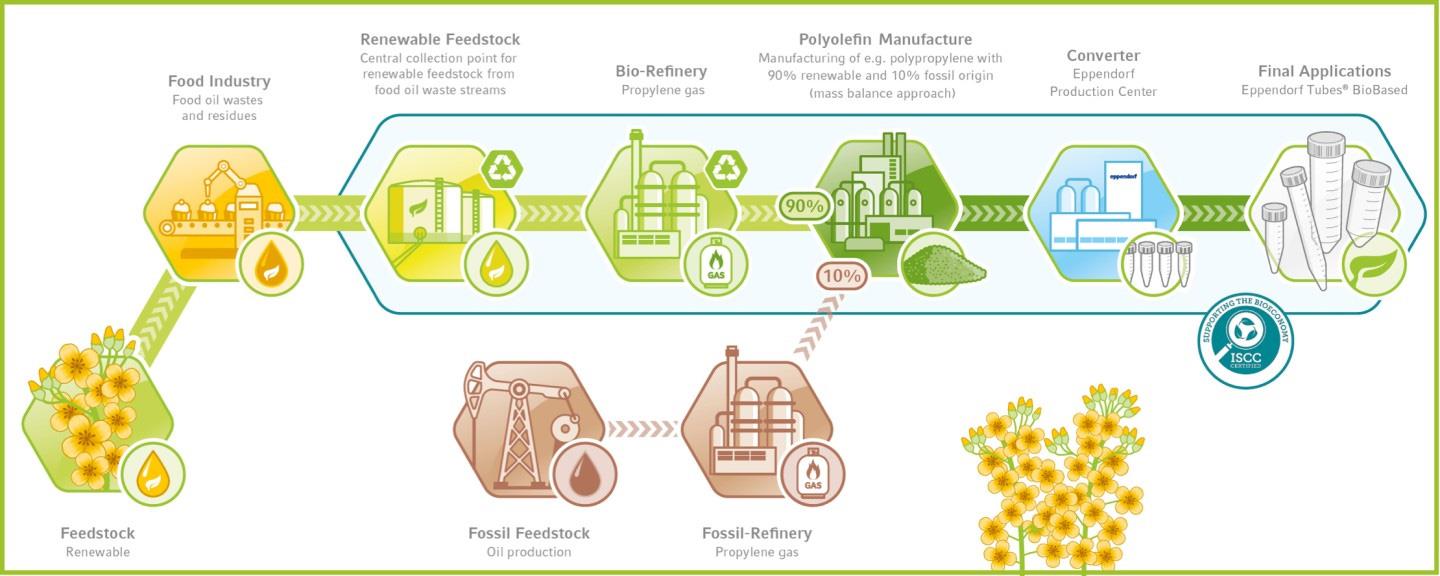Can research be sustainable? We say yes!
Academic careers of young scientists often start with a variety of questions.
Regardless of your field - microbiome, virology, or any of the many other science fields - one of the most important questions is "How will my science impact our lives and this world?" and perhaps the next question is, "How can I specify the impact of my science on our environment?" with this view of the environment, the high consumption of plastic consumables immediately comes into focus in everyday laboratory work.
Knowing that the high consumption of plastic consumables for scientific experiments is necessary to reliably protect valuable samples to enable research. It raises an important issue: How can we replace fossil-based plastic, which has been reliably used in the laboratory for decades, with an alternative that neither consumes valuable raw materials nor pollutes the environment, because the consumption of single-use plastic cannot be avoided, but it can be reduced.
How can we solve the plastic problem?
Plastic has entered our daily life. But as versatile and necessary as it is, it also has a major ecologic impact since it is made from fossil fuels. Bioplastics produced from plants like sugar cane seem to be an alternative, but this approach also has its drawbacks. There is criticism that the cultivation of these plants occupies agricultural land that is needed in the overall land use for food production. Intending to build a circular economy, waste and supernatants from the food industry - such as cooking oil waste and residues from plants - are coming into focus as a source for the production of plastics.
2nd Generation Feedstock – 1st Class Consumables
Eppendorf Tubes® BioBased, 5-50 mL

The path from vegetable cooking oil to Eppendorf Tubes BioBased:
The food oil wastes and residues used to produce the renewable feedstock-based polypropylene are traceable to the first collection points.
The renewable feedstock based polypropylene and all manufacturing steps are sustainability certified by ISCC* a reliable, world leading certification system. The renewable feedstock content is determined via the ISCC mass balance approach.
The resulting materials for the polyolefins used meet the same strict specifications, purity and quality, regardless of whether they are fossil-based or renewable feedstock based recycled raw materials.
- Proudly introducing the new generation of Eppendorf Tubes® BioBased with screw caps in the variants 5.0 mL, 15 mL, 25 mL and 50 mL.
- This new Tubes* family is made from 90% renewable bio-based feedstock (recycled e.g. from food oil wastes and residues) plus 10% fossil-based feedstock (applying ISCC mass balance approach).
- By choosing these tubes, you help to significantly reduce the amount of fossil resources required for their production.
Order your free sample
* The screw cap is currently fossil-based. The material switch will be made to BioBased in 2023.